They went to sleep and never woke up: The tragic mystery of trio who died in blink of eye
They were healthy, happy and their deaths came as a complete shock to their loved ones. Now, their grief-stricken families are searching for answers, but little is known on the rare condition they shared.
QWeekend
Don't miss out on the headlines from QWeekend. Followed categories will be added to My News.
Anna Fairleigh, 20, Judah Lehtonen, 21, and Maddie Gill, 22, never met each other but their short lives and the sudden way they died bear striking similarities.
They all went to sleep and never woke up.
These three young people, all of similar age, died just a few years after they finished high school, before they had the chance to forge careers or make families of their own.
Their grief-stricken parents, faced with their child’s sudden and inexplicable death, have been left asking questions of experts who have few answers.
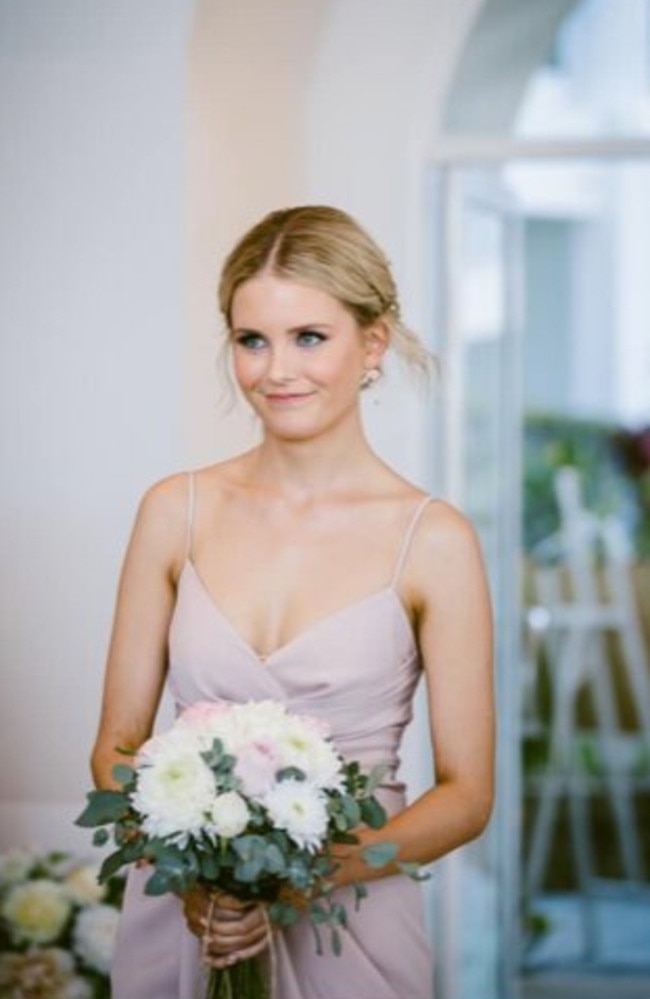
Anna and Maddie were both studying and were excited about joining the workforce in professions they were passionate about.
Judah had only just celebrated his 21st birthday with a memorable family holiday and had been promoted at work.
How Dawn Fraser turned tragedy into Olympic triumph
Fran Whiting: What makes us happy? The definitive list
Anna, Judah and Maddie all had epilepsy and they died from a rare and under-researched condition called Sudden Unexpected Death in Epilepsy (SUDEP).
Their families, carrying the weight of unimaginable grief, are determined to find answers, but little is known about SUDEP and why it occurs.
Anna set an alarm to wake up in the morning before drifting off to sleep.
The next day her parents heard her alarm ringing continuously and called out to her. They then went to rouse her but she wouldn’t wake.
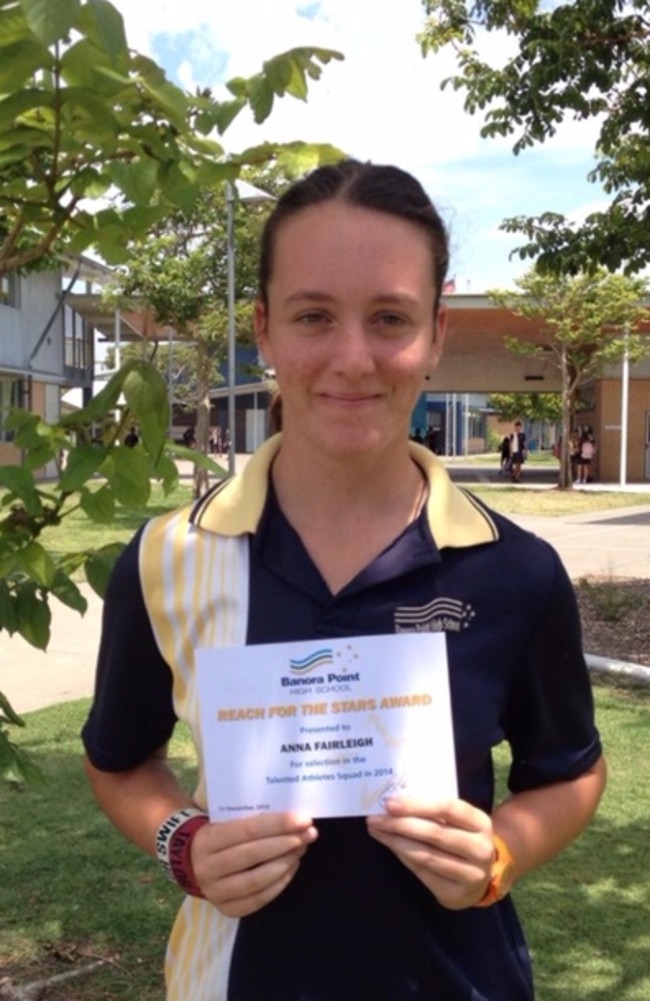
In a cruel twist of fate, Anna’s life was cut short the same day her parents were due to celebrate their 21st wedding anniversary.
Judah was listening to an audio book when he passed away. His sister thought he was sleeping, slumped on a chair. But when his employer called to say he hadn’t shown up for work, she checked again and realised he was unresponsive.
CPR wouldn’t work for Judah, but his parents say despite the unbearable heartache, their one consolation was that he looked peaceful. As if he was just sleeping.
Maddie returned home from a shift working at the dental clinic when she told her flatmate she needed to lie down. That night the pair had planned to put up their Christmas tree. But hours later Maddie was still in her room, and when her flatmate went to see if she was awake, she found she had passed away.
There was no warning of their impending deaths. No alarm bells. Nothing their loved ones could have foreseen or nothing anyone could have done to prevent what happened.
Judah and Maddie’s parents were never warned about SUDEP when their children were diagnosed with epilepsy.
SUDEP is when a person with epilepsy dies suddenly where there is no clear cause of death determined after a post-mortem examination. This may be with or without evidence of a seizure.
About 250,000 people across the country are currently diagnosed with epilepsy, according to Epilepsy Australia.
Epilepsy Queensland chief executive Chris Dougherty says SUDEP strikes without reason or warning and it is a condition which impacts about one in every 1000 people with epilepsy.
He says research suggests SUDEP is under-reported, but that about 280 Australians with epilepsy die from it each year.
“The death of a loved one, especially suddenly, is often a difficult and sensitive topic for people to talk about,” he says.
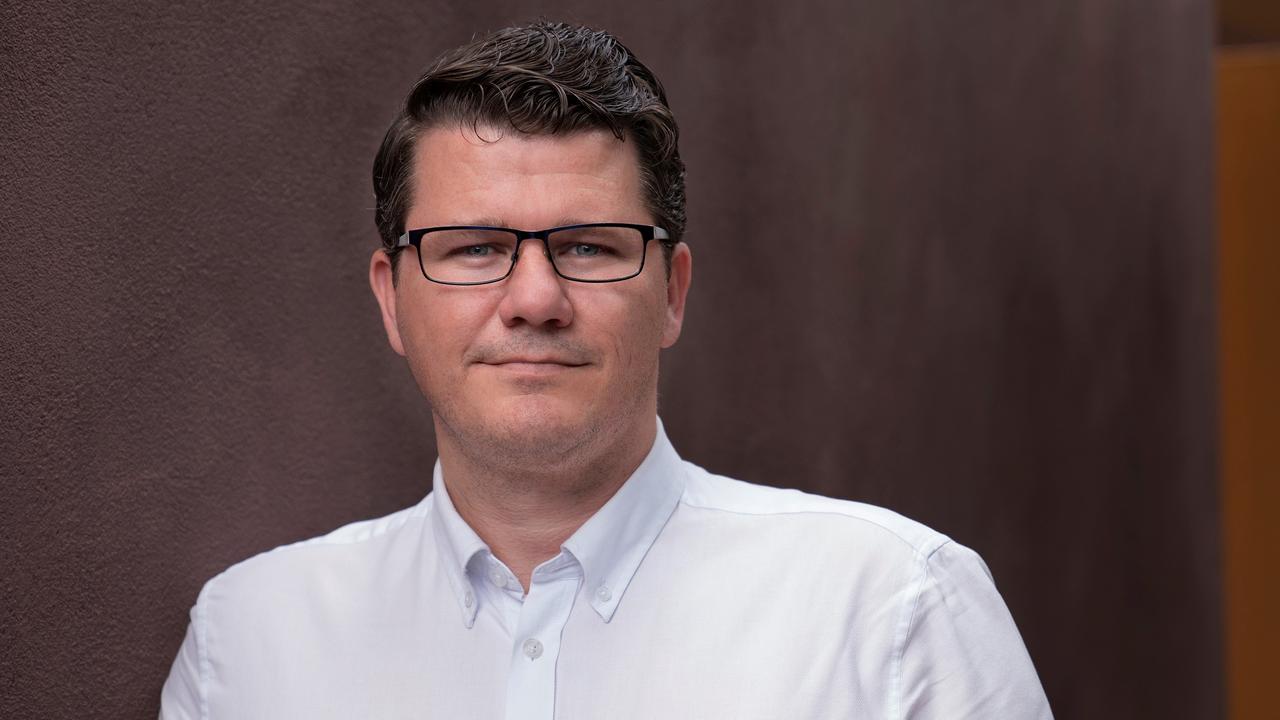
“For those people living with epilepsy, however, SUDEP does not discriminate, so the more everyone is aware of the risks, the better prepared they can be to reduce them.”
He says research suggests the primary way to reduce the risk is to maximise seizure control – meaning epileptics should have regular specialist reviews, never run out of medication, and avoid known triggers, which can include sleep deprivation, missed medication doses, fatigue, stress, alcohol or drug use, hormonal changes and poor diet.
One in 10 people will have a seizure at some stage in their lives, but a single seizure doesn’t necessarily mean you will be diagnosed with epilepsy. The process of a diagnosis is often long and difficult for the person and their family.
Dougherty says many children with epilepsy will eventually grow out of it by the time they reach adulthood.
But, for some, they will experience recurrent seizures throughout their life.
Seizures are caused by sudden and increased electrical activity in the brain, which is more than six times the normal rate of activity.
Essentially the brain controls everything that we do. When these electrical path ways get mixed up it can cause a seizure.
For a brief period, this can cause abnormal activity such as strange sensations, unusual behaviours, convulsions and spasms through to loss of consciousness.
Anyone can be diagnosed with the condition at any age.
The cause is not always clear, but commonly it is diagnosed in children under five years or those over the age of 55.
“As one of the world’s most common neurological conditions it’s still surprising the amount we don’t know about what causes epilepsy,” Dougherty says.
“On top of this, about 30 per cent of people diagnosed with epilepsy will not achieve seizure control through medications.
“We need investment in research that helps us diagnose the condition better and faster, that helps speed up the medication regimen, that helps bring new medications to market for those 30 per cent who don’t respond to current anti-epileptic drugs and, so importantly, how we can understand and prevent SUDEP.”
For the families of the young ones left behind, there aren’t enough answers.
They hope their story will shine the light on SUDEP as they advocate for more funding and research to be done in the hope no other parent has to endure the loss of a child.
MADDIE GILL
Brisbane’s Maddie Gill was a passionate champion for those with epilepsy and its annual event, Purple Day, which is celebrated on March 26.
It was a day where she would don the colour purple and talk about epilepsy, spreading awareness and raising funds.
She knew how important education was, she knew more research was required for the disorder that she was diagnosed with at eight years old.
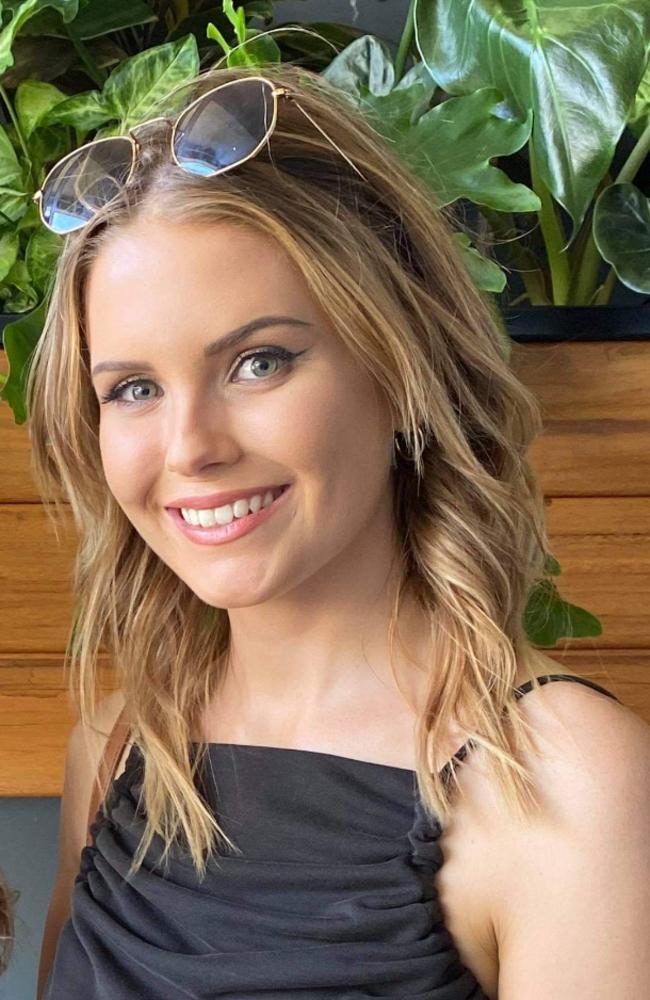
Initially she experienced absence seizures, which usually last a few seconds, and cause lapses in awareness, sometimes with staring or blanking out.
Maddie had her first grand mal (now known as tonic-clonic) seizure three years later in 2009.
She had only four grand mal seizures in total, which are more severe and can involve muscle convulsions, and loss of consciousness lasting about 10 to 20 seconds.
Maddie, her mum, Deb, 49, and stepdad, Chris, 56, were not made aware of the life-threatening condition known as SUDEP. They felt completely blindsided by Maddie’s death on December 5, last year.
“She has left a massive hole in a lot of people’s hearts,” Deb says.
“But a lot of people, like us, are determined to find answers.
“I would have preferred to have known about SUDEP; it just needs to be spoken about, as hard as it is.
“To be left like we have been, in utter shock and despair, that’s not fair.”
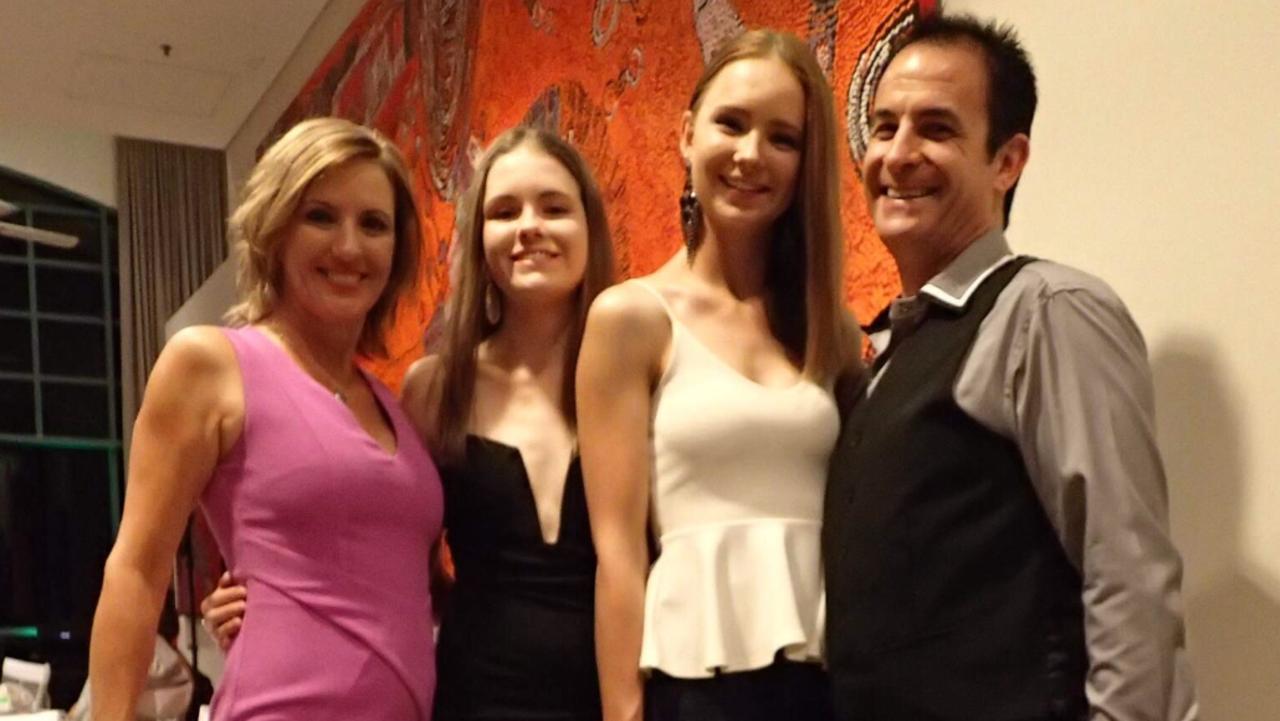
On the day Maddie passed away, Deb and Chris recall getting a visit from a police officer at their home in Mount Perry, west of Bundaberg. They knew the second they saw the police car arriving at their home that it wasn’t good news.
“They don’t usually make house visits at 10.30 at night,” Chris says.
“It was the worst night of my life,” Deb adds.
Their Maddie, who had a “zest for life”, an unforgettable smile and a caring nature, was building an exciting future for herself.
After graduating from St Aidan’s Anglican Girls’ School, in Brisbane’s west. Maddie became a student at the Queensland University of Technology studying marketing and advertising.
She was in her final year of her degree and achieving distinctions and was excited about the prospect of building a successful career.
She was working part-time at a dental clinic and had wonderful employers and friends who cared about her.
Deb and Chris say that from the day she was born, Maddie was humming – bright, enthusiastic and with an outgoing personality.
They feel “robbed and cheated” of a daughter they know would have flourished in her chosen career.
Having taken on her passion, advocating for epilepsy, they know Maddie would be proud of them. They have thrown themselves into conversations with Epilepsy Queensland on the possibility of creating a SUDEP Foundation.
“She was embarking on a wonderful journey in life and it was just taken far too soon,” Deb says.

“But she would be very proud of what we’re doing, she would be really proud.”
They never want anyone to feel the shock and despair they felt when they lost Maddie.
“Health professionals tend to not bring SUDEP to light because epilepsy when it’s diagnosed itself, it’s quite scary and confronting,” Deb says.
“They do need to be making families aware, and there needs to be more research to find out what the heck it is. We want to break down the stigma, we want to see research breaking down the triggers and finding out what causes it to help doctors relay that to patients.”
ANNA FAIRLEIGH
For Anna Fairleigh’s family, her legacy is everywhere. She was a sport nut, an avid Gold Coast Titans fan, and a talented athlete in her own right. She played soccer, netball and competed in rowing at state titles.
When Anna died, her aunty, Susan Cooper, who is a graphic artist, created a design which read “Go Anna”.
It is the words her dad, Chris, 49, and mum, Tanya, 48, would cheer when they watched on as their little girl, the sports nut, would show off her athletic abilities.
Those two words, and the design made by Anna’s aunt, have a prized place on a boat which was bought by the Tweed Coolangatta Rowing Club, in her honour.
Her legacy will forever be out on the water.
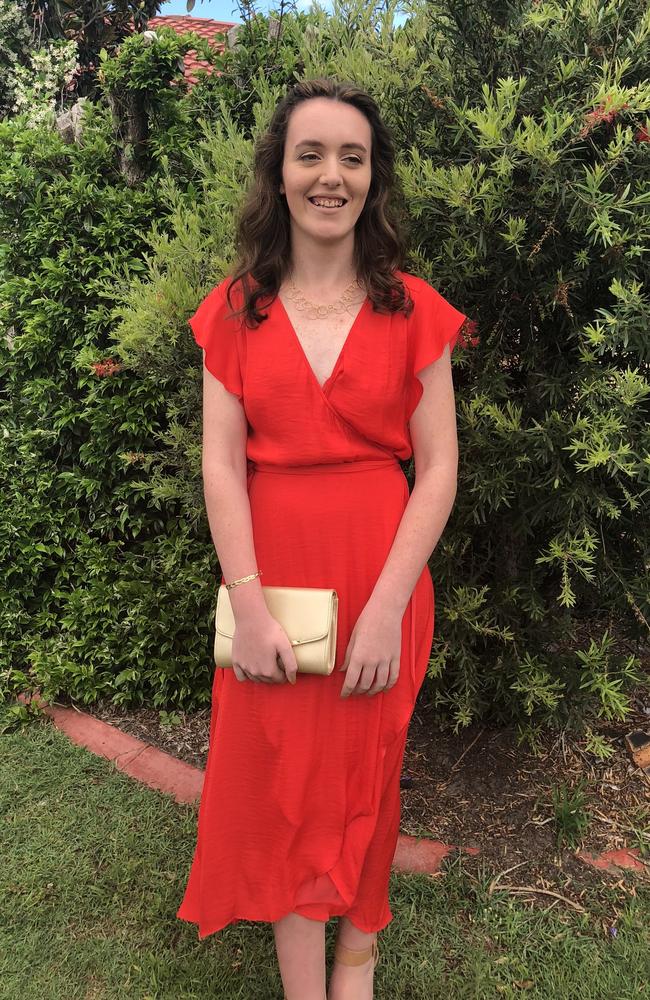
And for Chris, his daughter is close to him every day while he works.
The Go Anna design has become the logo of his landscape maintenance business. Locals at Tweed Heads see those words and know it’s Chris Fairleigh.
“That name has a lot of meaning to us,” Chris says.
It has been 18 months since Chris, Tanya, their son Nick, 24, and daughter Amy, 19, lost their beloved Anna, who was only 20 years old.
October 2, 2019, was supposed to be the day Chris and Tanya celebrated their 21st wedding anniversary.
Instead, it would forever become the date they lost their little girl.
The same little girl they decided to get married for after Tanya fell pregnant with her.
“Needless to say, we don’t really celebrate our wedding anniversary anymore,” Chris says.
The Fairleigh family knew about SUDEP, but they never imagined they would be faced with the grim reality of the condition.
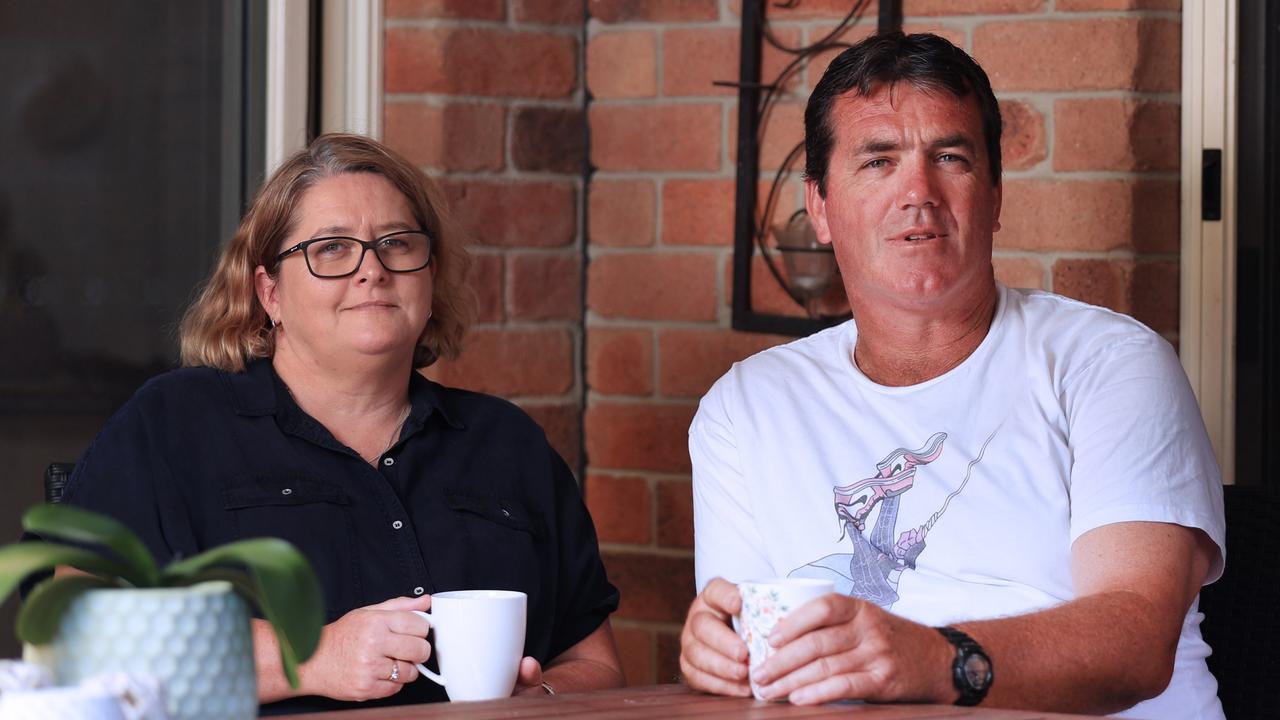
“We actually didn’t really want to talk about it because we didn’t want to worry Anna,” Chris says. “We knew it would be devastating if it happened.”
Anna was diagnosed with epilepsy at two years old. She had seizures sporadically, roughly every six months. It was under control with her medication and she went nearly four years without a seizure before her death.
“I got up and got ready for work, and I was having breakfast in the lounge room. My wife was still in bed, and Anna’s alarm went off and kept ringing,” Chris says.
“I just thought she was sleeping through it, and as it turns out my wife went in and yelled out that there was something wrong with Anna.
“We tried CPR and my wife was on the phone to the ambos.
“I knew it was too late, I knew it wasn’t going to help Anna. But you do everything you possibly can anyway.”
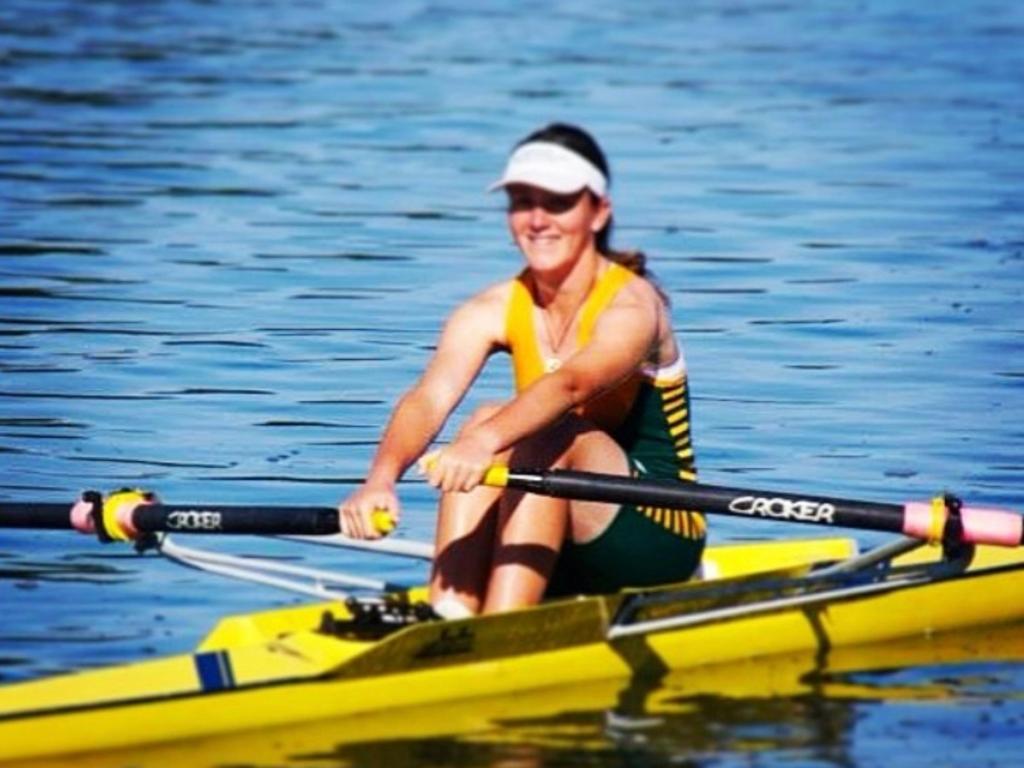
When Anna was first diagnosed with epilepsy, Chris and Tanya put her in the bedroom next to theirs so if she ever had an episode during the night, they would hear her and help.
The best way to help someone during a seizure is to time the episode, call an ambulance if the person isn’t known to you, protect their head from injury (removing hard objects from the area and placing something soft under their head).
As soon as it’s practical to do so, they should be gently rolled onto their side in the recovery position. Once they gain consciousness, it’s important to reassure and reorientate them until they are fully alert.
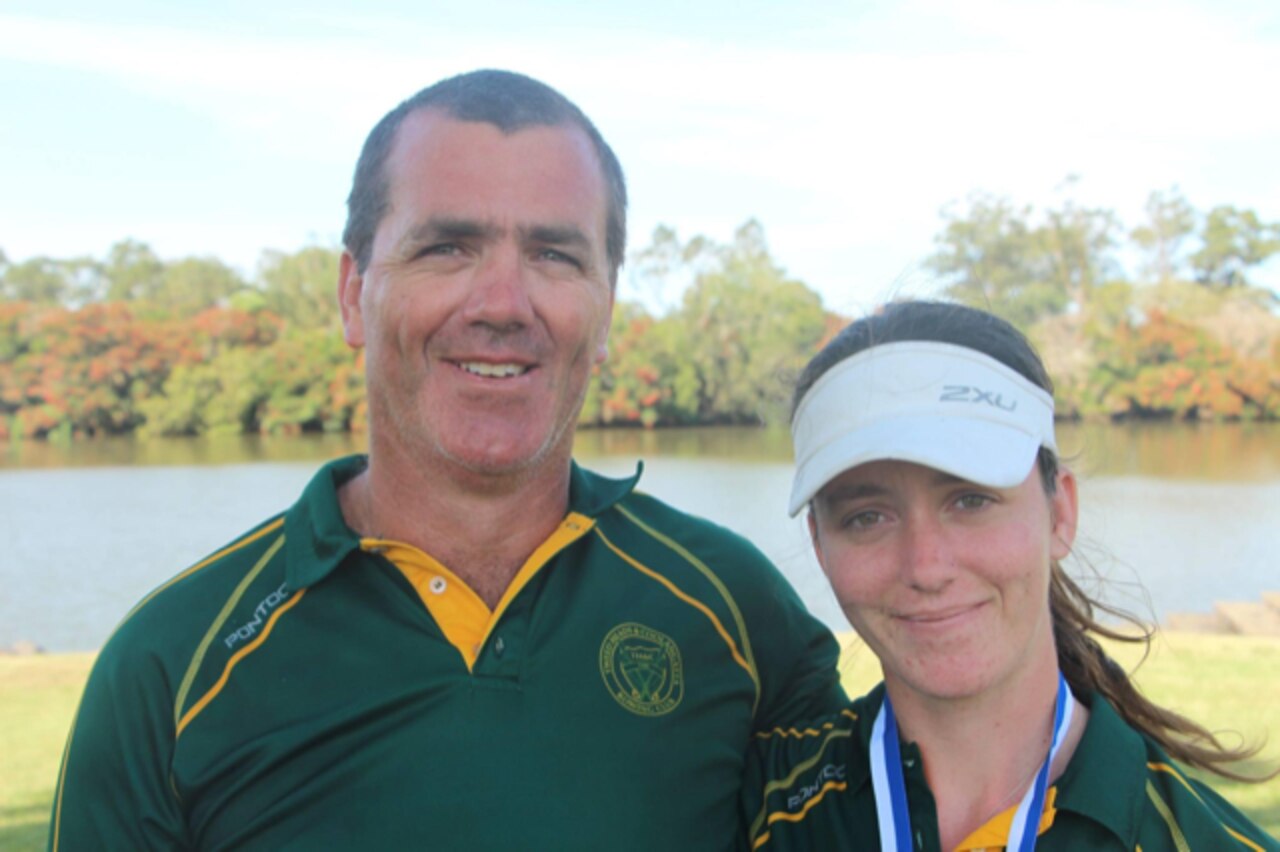
On the night Anna died, there was no sound, and no way to tell whether she had an episode prior to her death.
“It should never have happened that way,” Chris says.
“We aren’t programmed for that to happen. We are programmed to live a full life and die at a ripe age. It shouldn’t ever happen to kids. But it does.”
Anna was a “quiet girl” who graduated from Banora Point High School in 2017.
She had just found a career path she was passionate about – she was undertaking a graphic arts course at SAE Institute at Byron Bay and was “doing really well, putting a lot of work in”.
She shared a bond with her father for their love of footy, and she was a mad Gold Coast Titans fan.
“I’m involved with the Titans; I help out with the juniors. She always came to the matches with me,” Chris says.
A picture taken by the local newspaper in 2010 shows Anna and her sister Amy at a Titans match, with face paint and holding banners, cheering. Anna in her element.
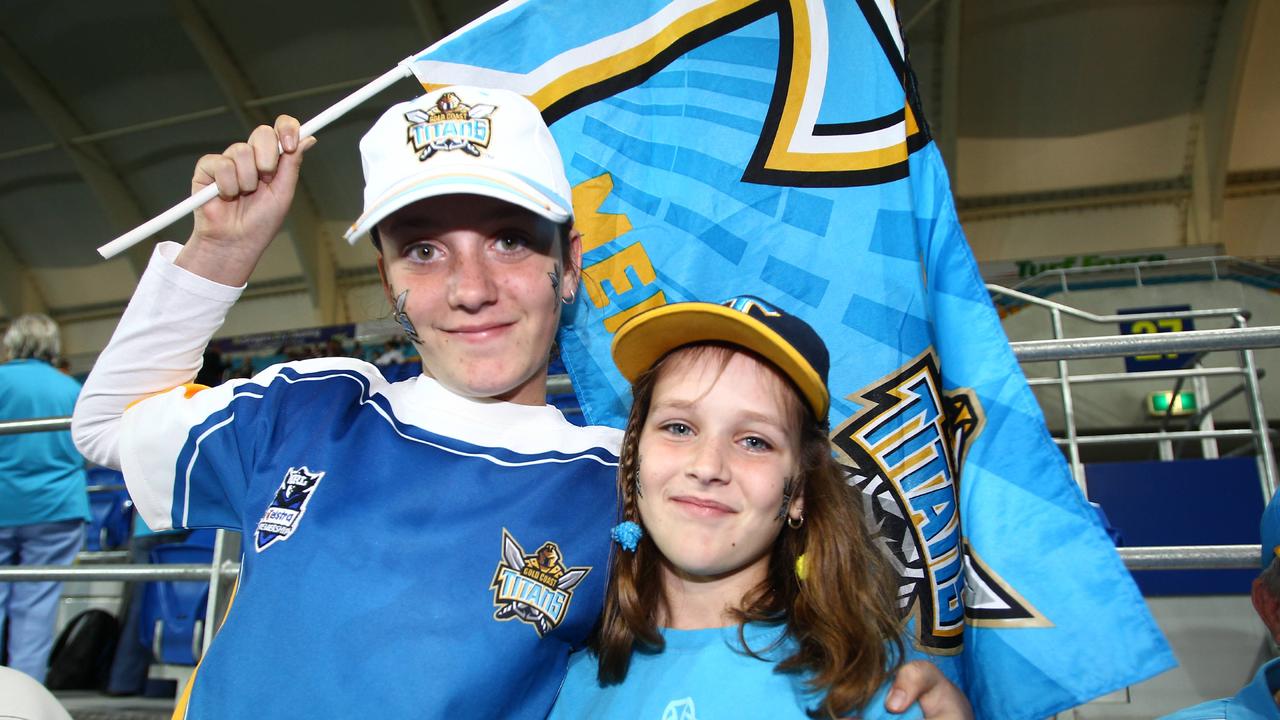
The Gold Coast Titans raised funds for Epilepsy Queensland when their biggest fan passed away.
The team had planned fundraising and awareness activities for Epilepsy Queensland during their first home game in March 2020 to honour Anna, but it was postponed due to the impact of COVID-19.
In March this year, for Epilepsy Awareness Month, Chris donated 50 per cent of his earnings from his business to Epilepsy Queensland.
He and Tanya regularly raise money for the organisation.
JUDAH LEHTONEN
In November 2020, Judah celebrated his 21st birthday with his family.
His parents, Mick and Louise, both 53, booked a resort at Yeppoon near the beach, and the whole family got together to celebrate.
He spent his birthday weekend skateboarding, playing board games and listening to music with his brothers, Jesse, 23, and Solomon, 19, and sister Bethany, 24.
“Judah said he loved that weekend because he loved when our family would get together,” Mick says.
Just two months later, Judah’s young life would tragically end.
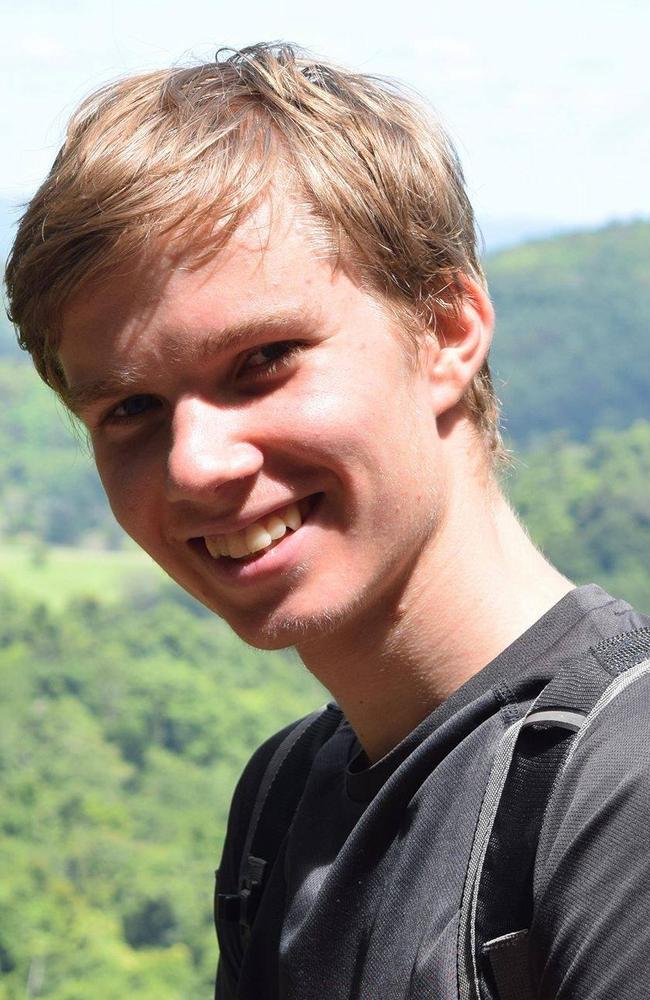
He had been diagnosed with epilepsy when he was 18 years old, in Year 12 at Heights College, Rockhampton. His first seizure came during end of year exams.
Judah’s death came as a painful, gut-wrenching shock to his family, who had never heard of SUDEP before they lost him.
“Not one clinician, not one registered nurse or neurologist mentioned SUDEP or that epilepsy is life-threatening for that reason,” Louise says.
“They always said epilepsy can kill you, not because of the seizures but because of what you’re doing at the time of the episode, like if you fall off a ladder or drown during a seizure.
“No one mentioned it to us.”
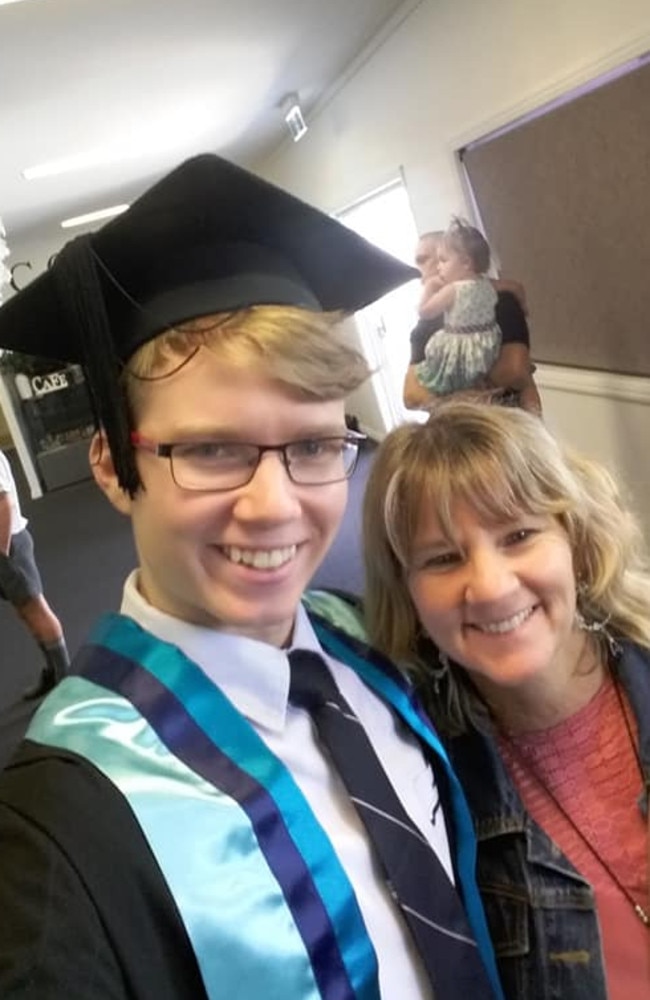
Louise says Judah only had two seizures that they were aware of since he was diagnosed with epilepsy, and that they thought his medications were effectively managing his condition.
Judah was embarking on an exciting time in his life. He had just been promoted at his job at Carl’s Jr restaurant and was proud to have finally been recognised for his work.
“People with epilepsy lose so many opportunities because when he started being medicated, he felt really dumbed down,” Louise says.
“His mind worked really well, he was in the chess teams at school and he was a fast thinker. But when he took his epilepsy meds they dulled him down,” Mick adds.
Days before Judah passed away, he was on a FaceTime call with his family, and was “really ecstatic” with his new position.
On January 2 of this year, Judah’s sister Bethany, who lived with him at the family’s home in Rockhampton, received a call from his workplace saying he hadn’t shown up for his shift.
When she first saw him, slumped in a chair, she thought he was sleeping until she realised he was unresponsive and had lost colour.
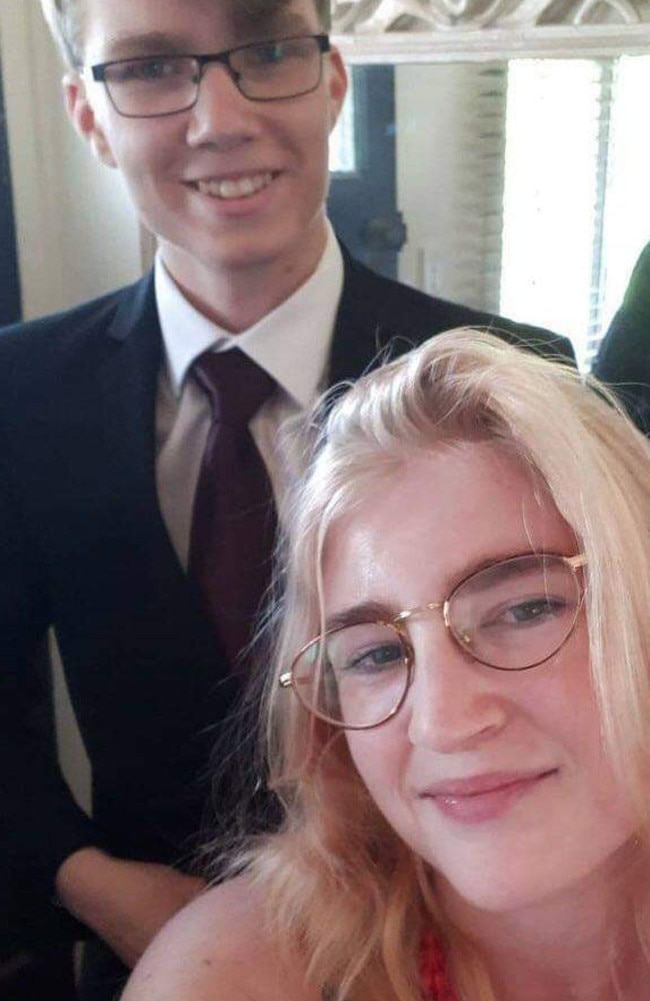
He had been listening to an audio book.
She called triple-0 and went to her neighbour for help, who tried CPR.
When paramedics arrived and took over, there was nothing they could do to save him.
Mick and Louise, who in the last few years relocated to Hervey Bay, received the call no parent ever wishes to hear.
“I work as a firefighter and was ordering my lunch when our neighbours in Rockhampton called me and said they’re doing CPR on Judah,” Mick says.
“I left my meal there and just raced back to the truck. I was trying to make a few calls to tell Lou.
“Thank God her phone was on silent because I don’t think it’s something she would have wanted to be told over the phone.”
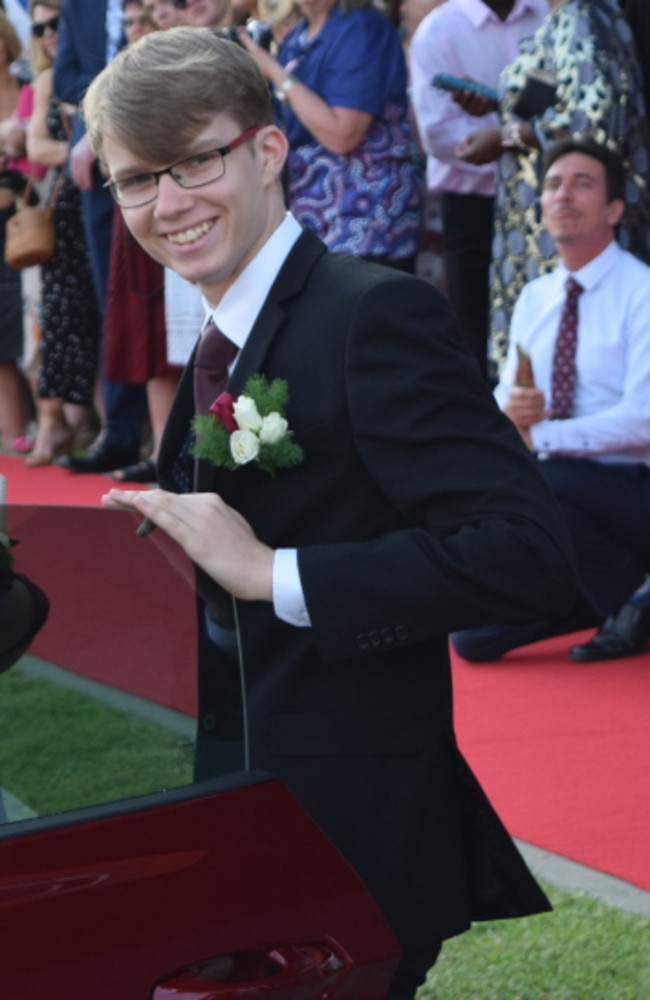
Mick received another call while driving home, letting him know Judah had passed away.
“I made it back home and Lou was doing her artwork in the shed, and she said, ‘What’s wrong?’, because her father is of ill health and we’ve been worried about him,” Mick says.
“I said, ‘We need to go inside’. When I told her, it was the most heart-wrenching thing to see.”
Mick and Louise, still raw from losing their boy, say their one consolation was that their neighbour in Rockhampton, Sue, who was performing CPR, told them Judah looked peaceful. Like he had just gone to sleep.
They described their son as someone who was “accepting of everybody”.
“He was extremely caring, very empathetic. He made everyone feel comfortable and he was accepting,” Mick says.
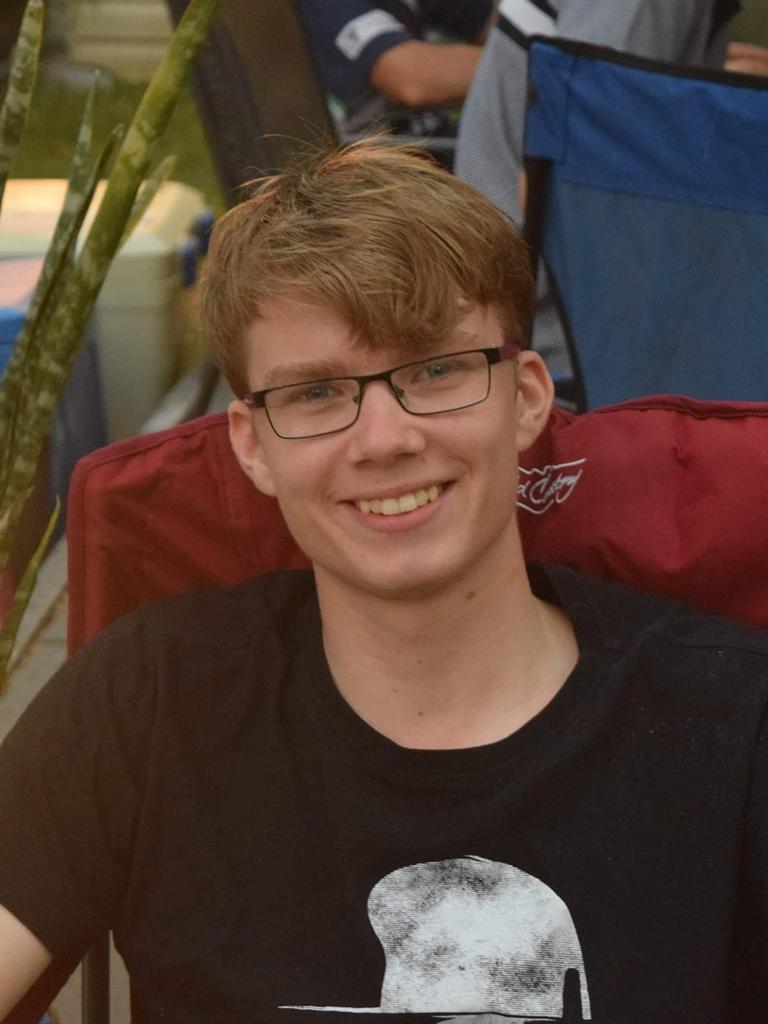
“He would always calm things down with his siblings, he was the peacemaker. Judah didn’t like conflict. He was gifted musically and loved the outdoors.
“We were very outdoor oriented when the kids were young, we’d go rock climbing, hiking, exploring. The three lads really enjoyed those days. Even when we moved to Hervey Bay three years ago the boys still continued that.”
Louise, who is a registered nurse and artist, says she hopes to be more involved with spreading awareness on epilepsy and SUDEP.
For more information on epilepsy or SUDEP, head to the Epilepsy Queensland website and donate for more research.



